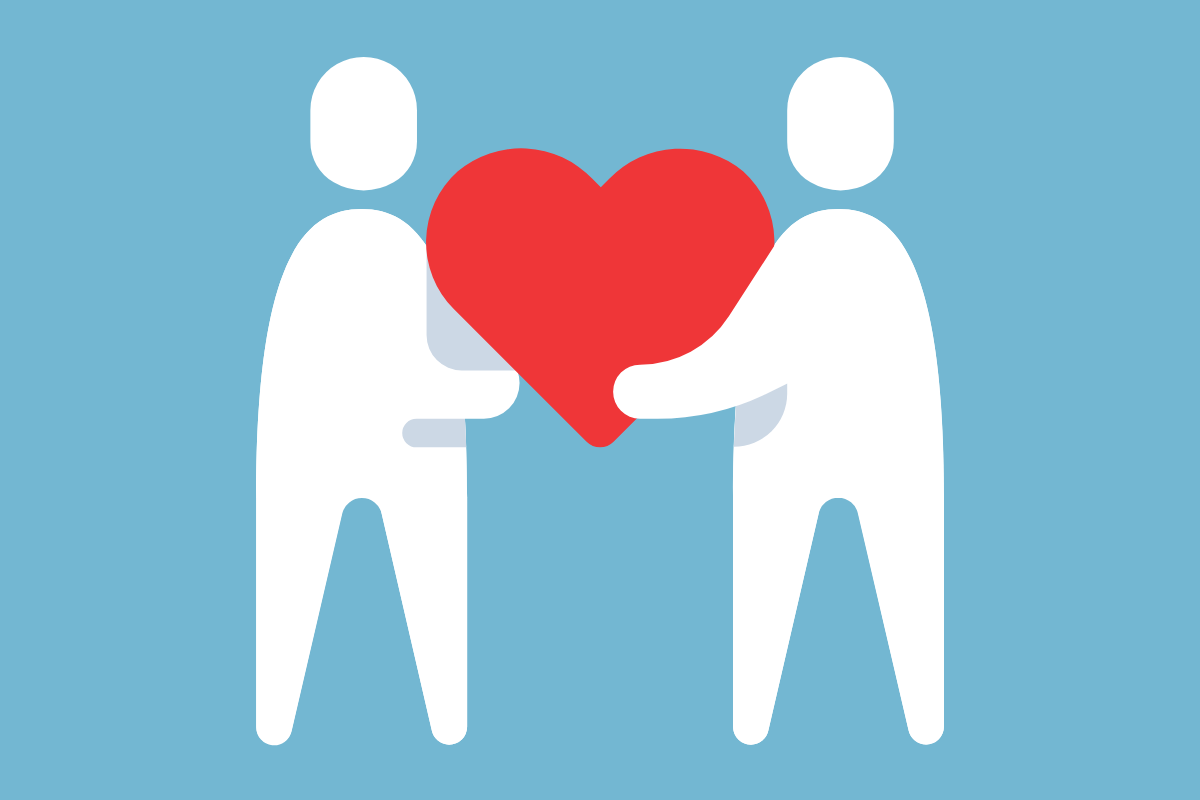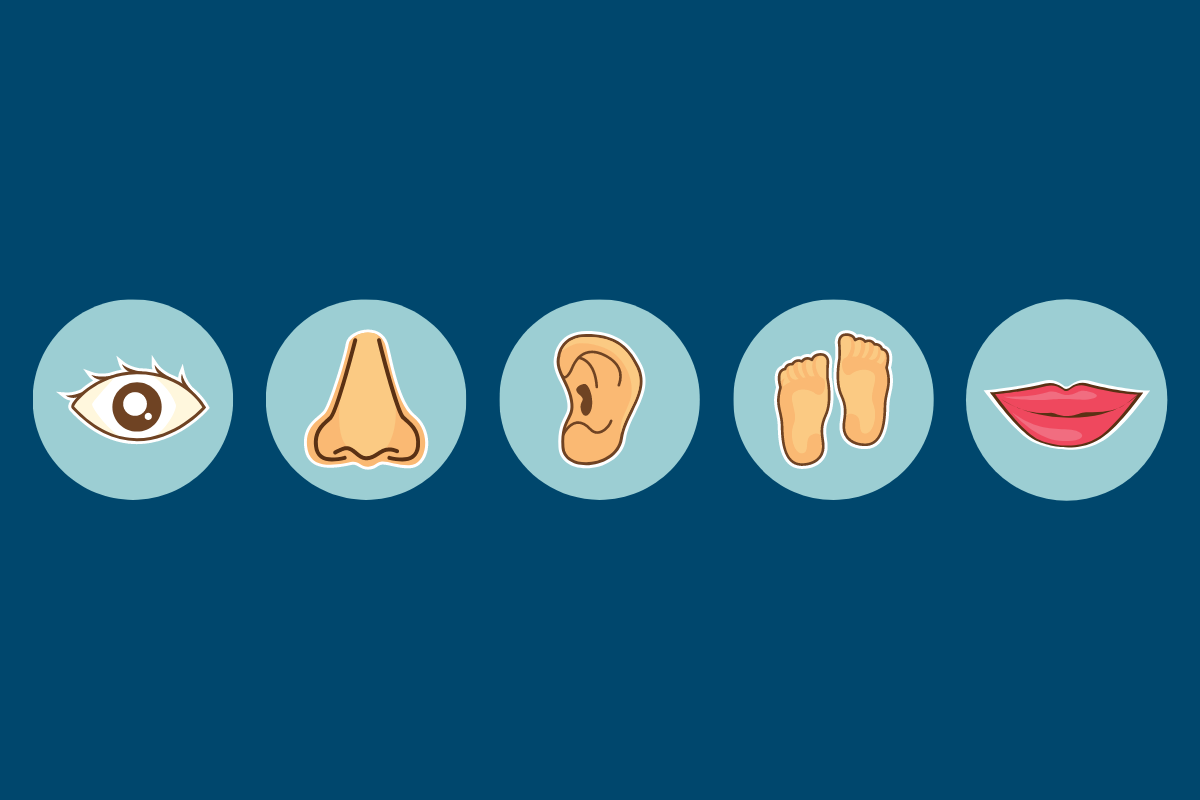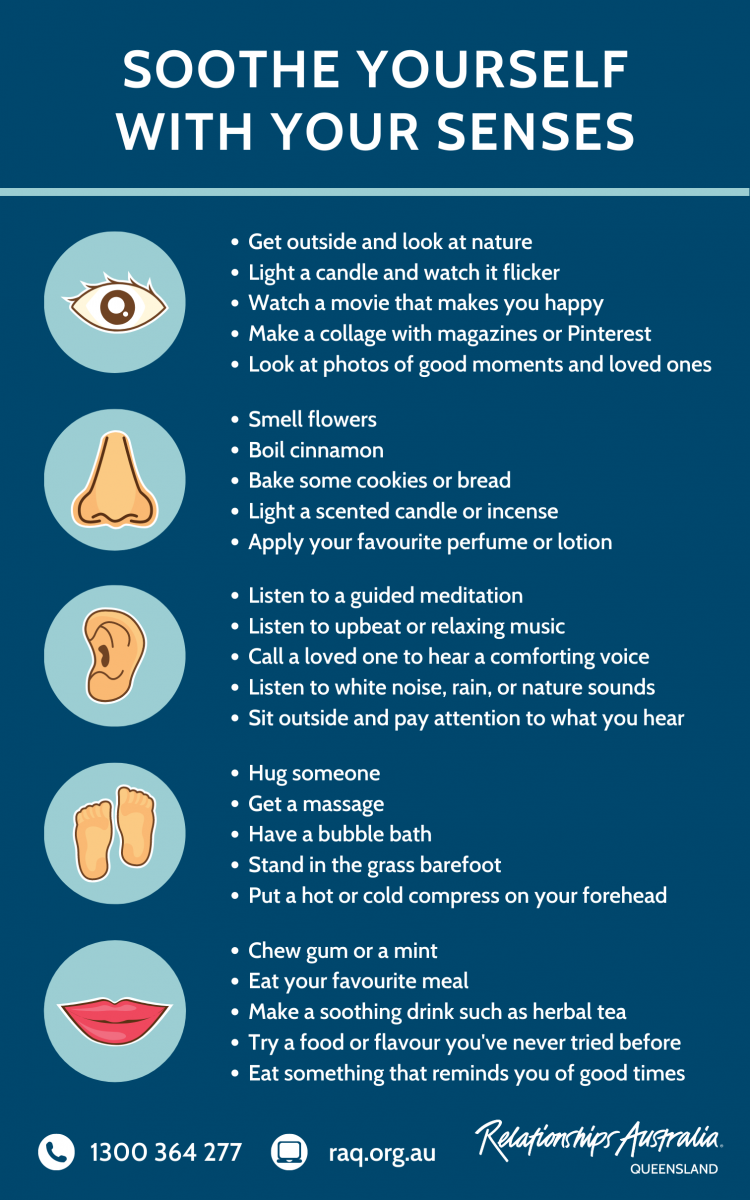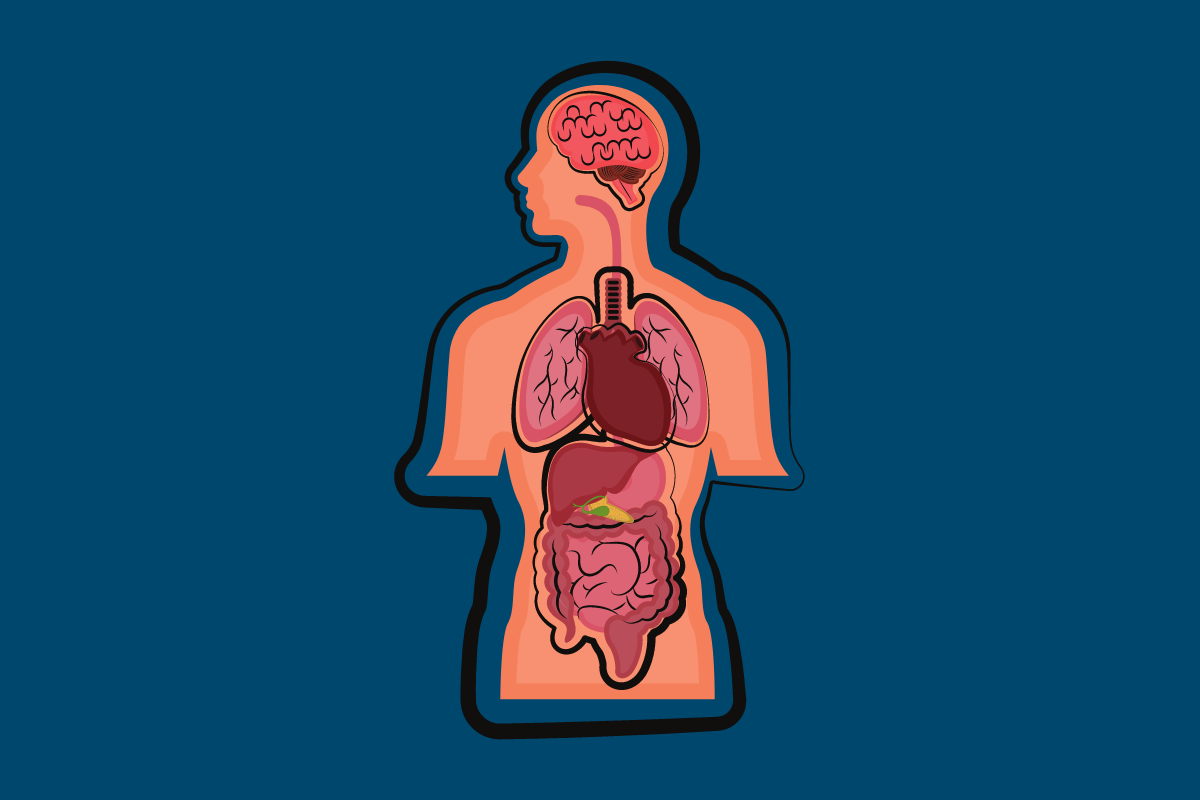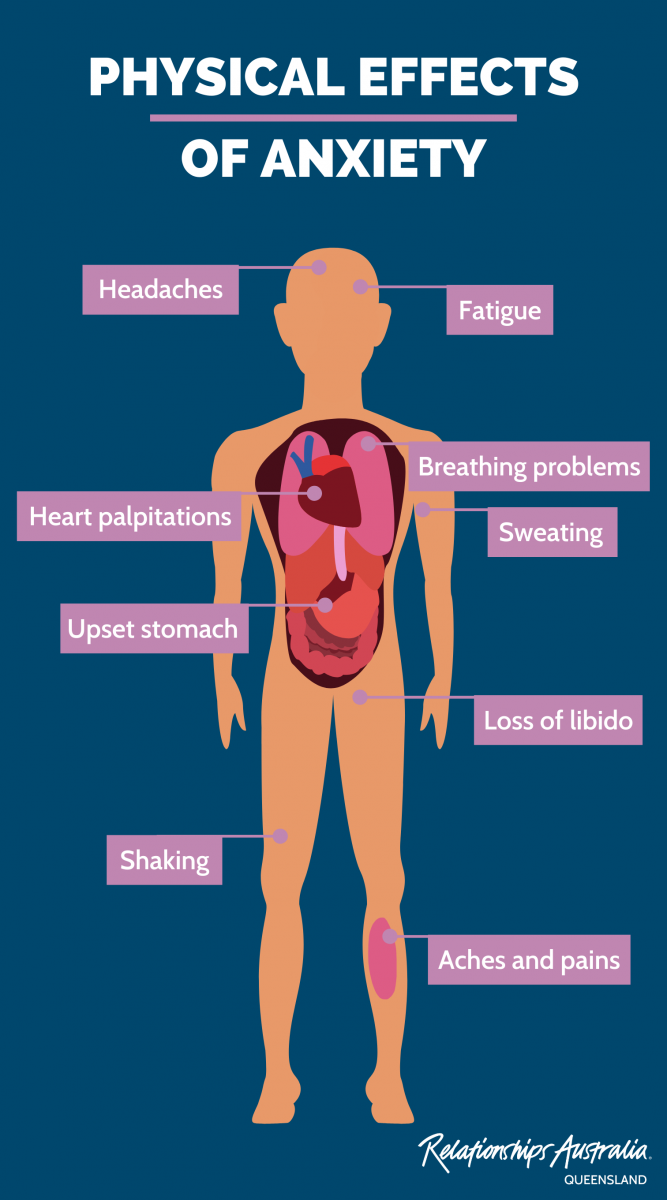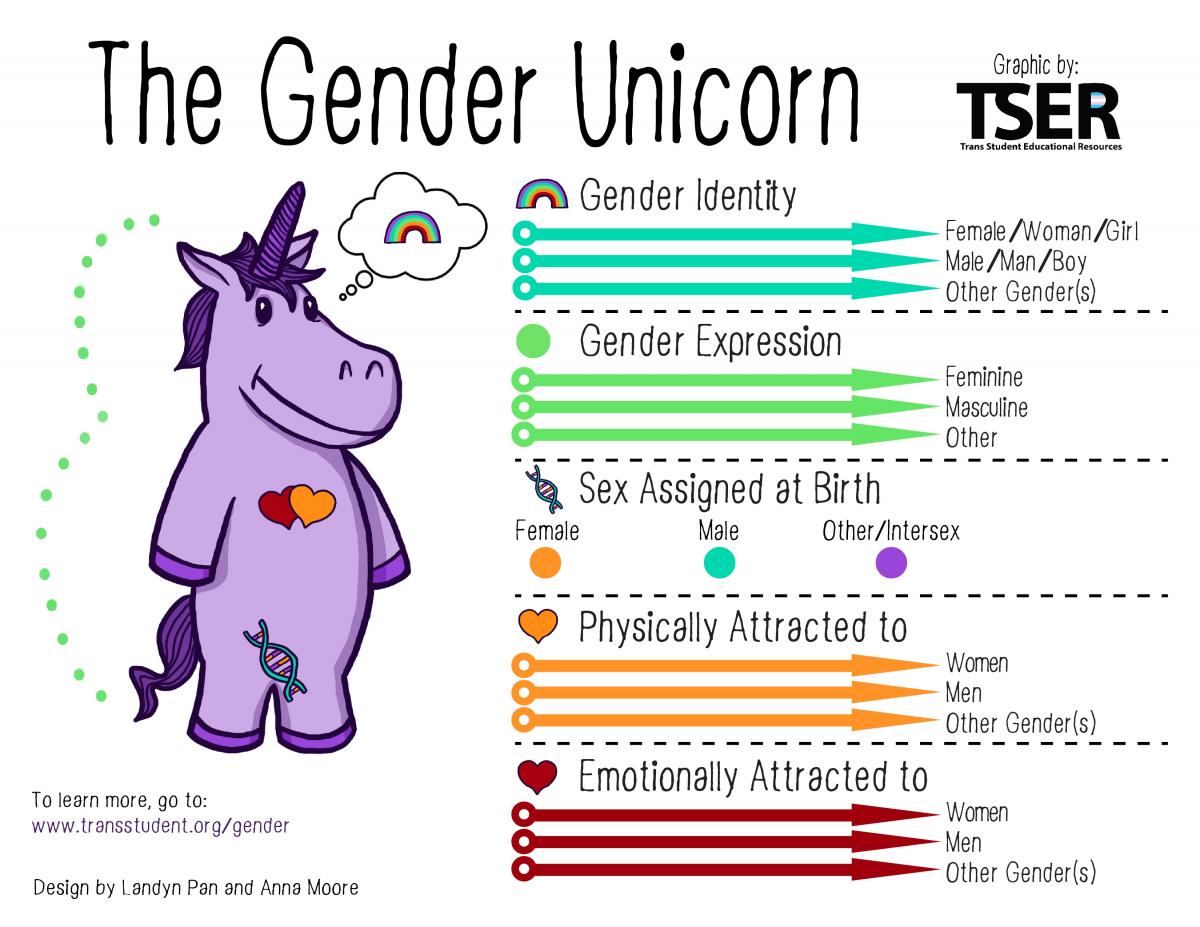Should you break up with your partner? Or are you just going through a rough patch?
Every relationship has its issues. But while disagreements are normal, there are some problems that may make you question the future of your relationship.
In this article, we look at some of the ways to work through your problems, and some signs it might be time to let go.
When to break up
Every relationship is different, and only you know what’s best for you. These are just some signs your relationship may not be healthy.
Your partner is abusive
Abuse – whether it’s physical, emotional, financial, or other – is never OK. If your partner is hurting you, controlling you, manipulating you, or making you feel bad about yourself, you may want to talk to trusted friends or family members about ways you can exit the relationship safely.
You’re hiding them from your loved ones
If you’ve been with your partner for a while and you’re hesitant to introduce them to your friends and family, this could be a red flag worth paying attention to.
Someone has cheated
Research shows unfaithfulness is one of the main reasons couples break up. An infidelity doesn’t have to mean the end of a relationship. But cheating can have serious and long-lasting impacts if you can’t rebuild the trust you once had, leaving one or both partners feeling resentful and unhappy.
You’re not yourself around them
If you’re conscious of how you act around your partner, you probably won’t be happy in the long run. Signs you’re not comfortable to be your full self around your partner might include monitoring the things you say around them, tiptoeing or hiding things from them, pretending to like things you don’t and pretending not to like things you do, and worrying they’ll judge you.
You can’t communicate
They say communication is key in a healthy relationship, and silence is never golden. Maybe you avoid confrontation and sweep it under the rug, or you give each other the silent treatment when you’re unhappy. If you have poor communication and don’t talk things through in a respectful way, you may never find solutions for your problems.
You’ve been trying to make things work for a long time
Finally, if you’ve been unhappy in your relationship and thinking about ending things for a while, it might be time to seriously consider your options.
How to get through a rough patch
No relationship is all good all the time. Even the happiest and healthiest couples run into some rough patches now and then. The good news is, you can make it through – and sometimes, you can even come out stronger than ever.
Talk about your issues
Neither of you can read minds, so don’t expect your partner to know how you feel and what you want them to do. If safe to do so, bring up your concerns with your partner when you have some alone time together. Tell them what’s upsetting you, and be clear about what you’d like to happen. Avoid name-calling and finger-pointing.
For example, instead of: “You never have time for me. You’re always with your friends”, you might say: “I value our quality time together. I’d like it if we had a date night every week.”
Family and Relationship Counsellor Val Holden explains how to have a healthy argument and things to avoid when confronting your partner in this article.
Try relationship counselling
If you find it difficult to communicate with your partner, or you seem to be having the same argument over and over again, it might be time to consider seeing a professional.
RAQ provides confidential relationship counselling in a relaxed and supportive environment. Our trained counsellors can work with you to find ways to manage your situation more effectively.
If you need some extra support, you can book individual counselling our couples counselling on 1300 364 277.

